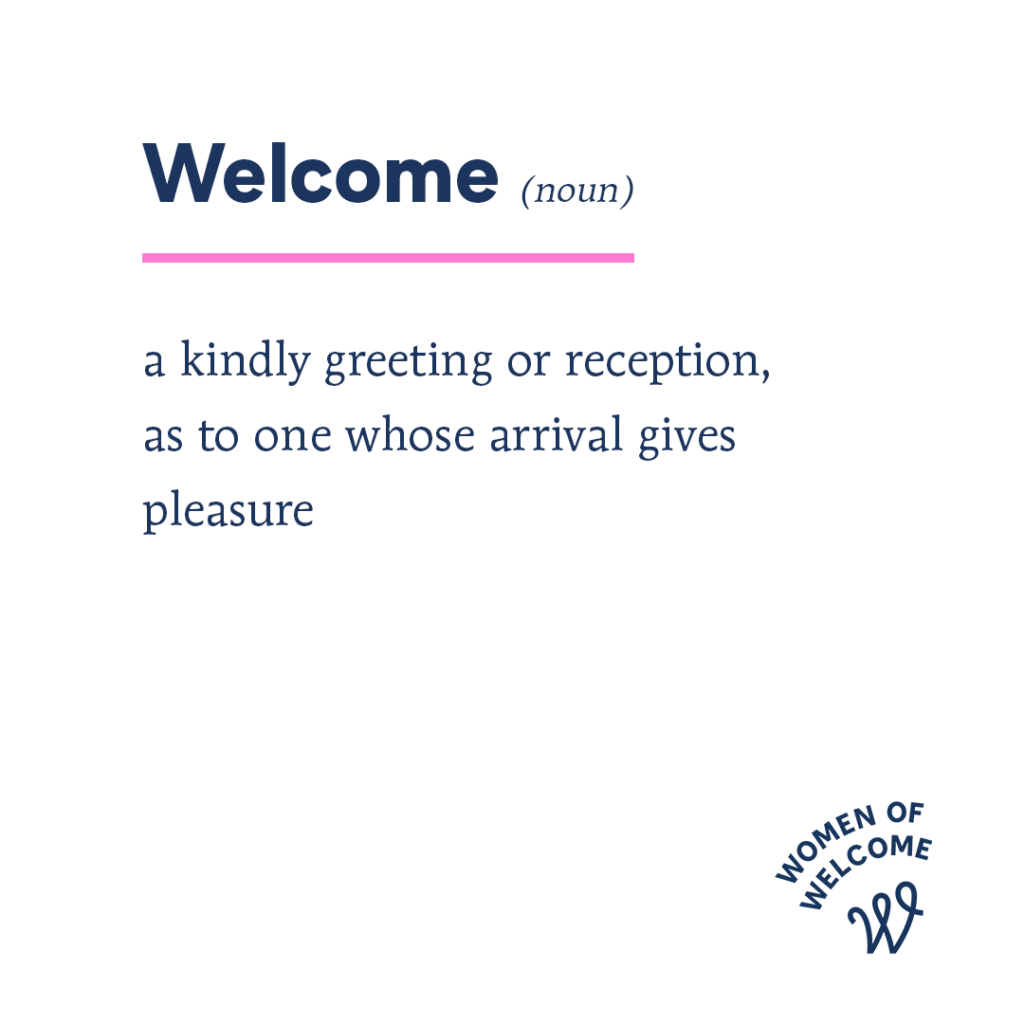John 4:1-42
The woman said to him, “I know that Messiah is coming (he who is called Christ). When he comes, he will tell us all things.” Jesus said to her, “I who speak to you am he.”
(verses 25-26)
Jesus was thirsty as he traveled from Judea toward Galilee and passed through Samaria near Jacob’s well. He stopped for a drink and met a Samaritan woman who had come to draw water. Despite gender, racial, and cultural norms, Jesus engaged in conversation with her. We learn that simply asking for a drink of water opened the door for a theologically rich and probing conversation with this woman. As they spoke, Jesus offered her living water to quench her spiritual thirst. Jesus proved himself to her by letting her know that he was aware of her past. He didn’t shame her for it, but pointed it out to demonstrate who he was. It would have been inappropriate for Jesus to speak with one from a culture whom Jews considered unclean—of mixed heritage and religion—and one whose life was far from exemplary as she had five previous marriages and was currently living with a man she was not married to.
The rift between Samaritans and Jews partly stemmed from the division of the kingdom of Israel into two nations,Israel in the north and Judah in the south. Israel’s capital was Samaria and Judah’s capital was Jerusalem. When Israel was led into captivity by Assyria, they intermingled not only religion but also cultures. This resulted in racial and religious prejudices between the two peoples. In addition, Samaritans and Jews quarreled about their Holy City: the Jews argued it was Jerusalem, while the Samaritans said it was Mount Gerizim near Shechem. The woman acknowledged this difference in John 4:20, and Jesus pointed out that the place of worship was not as great a concern as the heart of worship (John 4:21-23).
Jesus explained to her that true worship is rooted in the truth that comes from God’s Spirit, and he revealed to her that he is the Messiah she was waiting for, the one who would make things clear to her. She ran into town to tell the people of Samaria that she met a man who just might be the Messiah. They came back with her to where Jesus and the disciples were, and Jesus stayed with them for two days, teaching them that he is indeed the Messiah. Many Samaritans believed in Jesus not merely because of her testimony, but because they went to him to hear his teaching for themselves and believed that he is the Savior of the world.
One conversation with one outcast ignited faith in a multitude of outcasts. Jesus broke gender barriers by talking with a woman. He broke religious barriers by not shaming her for her religious misconceptions but instead by engaging her in a rich theological conversation. He broke cultural barriers by crossing the line into forbidden territory to reach outcasts.
Thoughtful Questions:
- What kinds of prejudices can you confess toward people of a different ethnicity, religion, or culture? After your confession, spend time in a prayer of repentance for those prejudices.
- Who can you share your testimony with, just as the Samaritan woman shared with the people in her town?
- What would it look like for you to worship in the power of God’s Spirit and in the truth of his Word?

 This resource answers the most common questions Christians have about immigration and equips you to engage conversations with biblical clarity, truth, and grace.
This resource answers the most common questions Christians have about immigration and equips you to engage conversations with biblical clarity, truth, and grace.